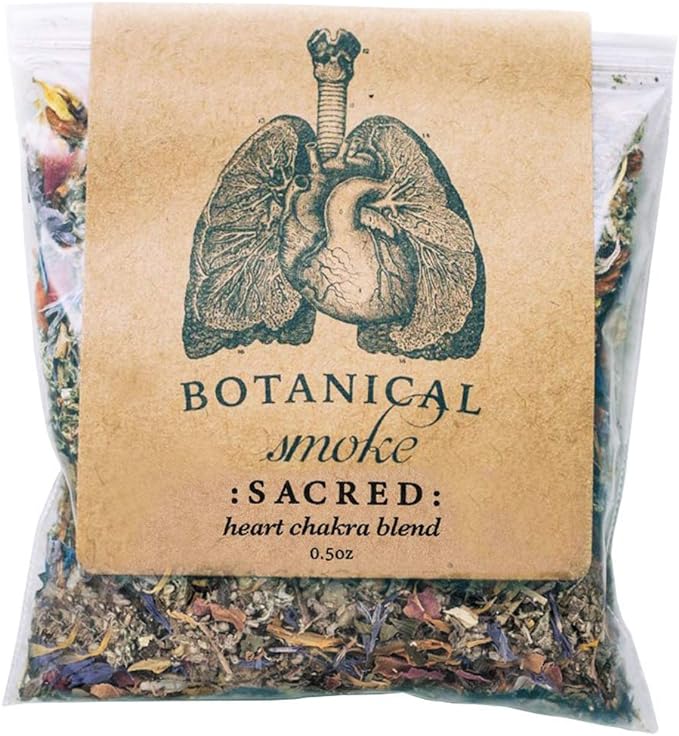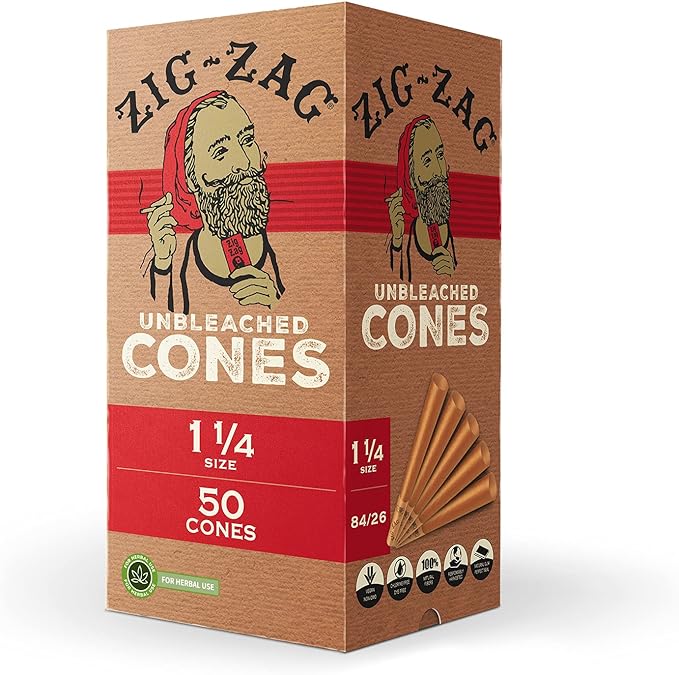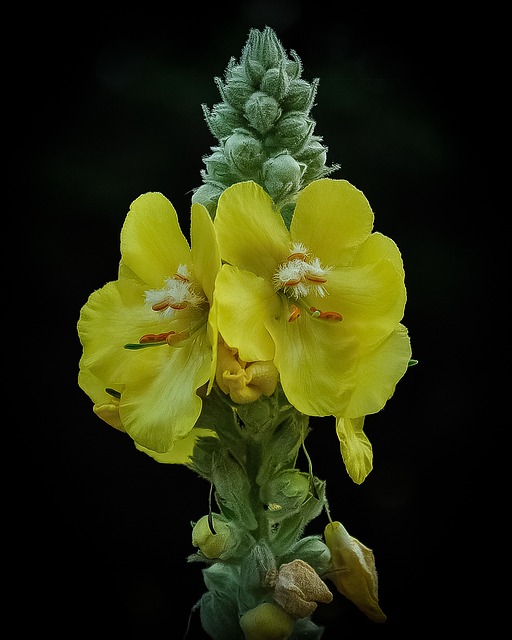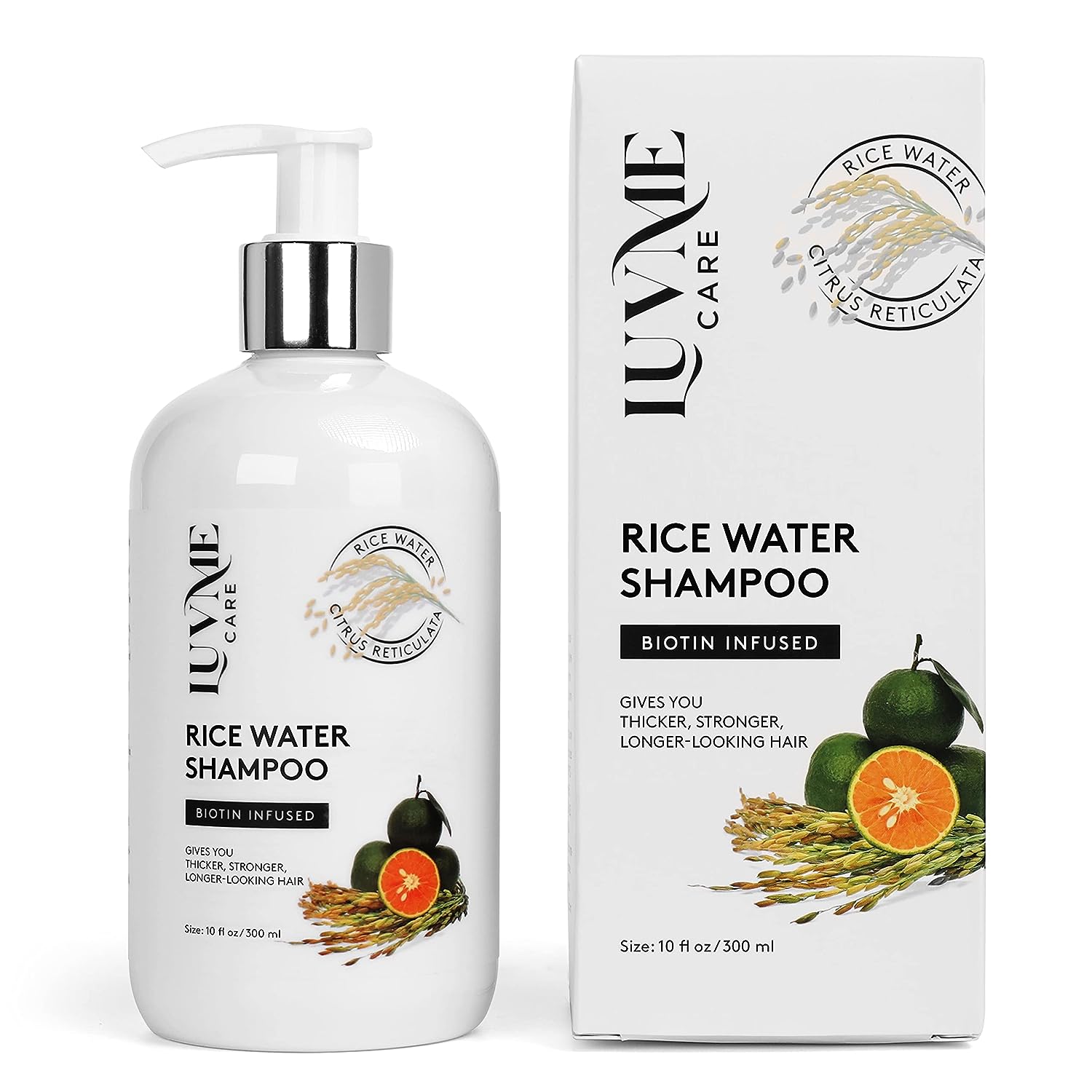While smoking herbs can be an alternative to tobacco or other substances, it’s important to note that smoking, in general, poses health risks. Additionally, the safety and health effects of smoking various herbs may not be well-researched or understood. It’s crucial to exercise caution and moderation when exploring smokeable herbs. Always be aware of potential risks and consult with a healthcare professional if you have any concerns. Here are some herbs that are sometimes used in smoke blends:
- Mullein: Known for its respiratory benefits, mullein is often included in herbal smoking blends.
- Damiana: Often used for relaxation and mood enhancement, damiana is a traditional herb in some smoking mixtures.
- Lavender: Known for its calming properties, lavender is sometimes added to smoking blends for its aromatic qualities.
- Peppermint: Provides a cooling sensation and a pleasant flavor, peppermint is sometimes included in herbal smoking mixtures.
- Chamomile: Known for its calming effects, chamomile is sometimes used in smoking blends to promote relaxation.
- Raspberry Leaf: Rich in nutrients, raspberry leaf is occasionally included in herbal smoking blends.
- Mugwort: Known for its dream-enhancing properties, mugwort is sometimes used in smoking blends, but it should be used cautiously due to its potency.
- Rosemary: Aromatic and flavorful, rosemary is occasionally included in smoking blends.
- Passionflower: Traditionally used for relaxation and sleep, passionflower may be found in some herbal smoking mixtures.
- Skullcap: Known for its calming effects, skullcap is sometimes included in smoking blends for its potential relaxation benefits.
Remember to stay informed about the herbs you are using and their potential effects. Listen to your body and be mindful of any changes in how you feel.
I’ve personally purchased this blend from Amazon, and these are typically the cones I pair with it.


It’s important to stress that the safety and effects of smoking these herbs are not well-documented, and individual reactions can vary. Before experimenting with smokeable herbs, it’s advisable to research each herb thoroughly, be aware of potential health risks, and consider alternatives such as herbal teas or aromatherapy if you are seeking relaxation or mood enhancement.
I want to emphasize that the information provided is not a substitute for professional medical advice, diagnosis, or treatment. If you have concerns about your health, especially related to smoking or any other lifestyle changes, it’s crucial to consult with a healthcare professional. They can provide personalized guidance based on your specific situation and help you make informed decisions about your well-being.
My goal is to run a blog that avoids being overly promotional, yet I value transparency regarding the inclusion of affiliate links. These links are connected to products I truly endorse or have personally bought. The reviews shared here stem from my genuine experiences and opinions. Please note that I might earn a commission if you make a purchase through the provided links.



